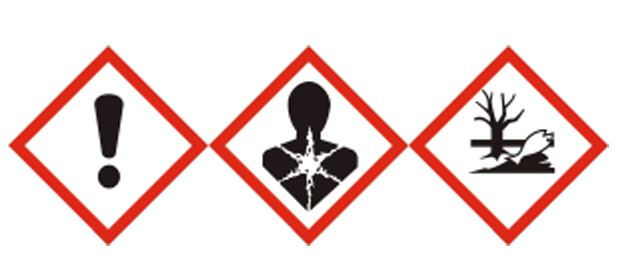A Distillation of What You Need to Know on Cholesterol
- Terry Clayton

- Sep 21, 2022
- 3 min read
Updated: Feb 10, 2023
Up until recently I knew about as much as you did on cholesterol. "Keep it under 200". When it comes to blood tests and LDL and HDL, "H" means healthy. "Don't eat eggs, saturated fats, etc..." It got pretty fuzzy after that.
Perhaps it's because I am approaching age 50 and starting to think more about my mortality. I am actually enjoying myself in this thing called life and I want to stick around for a while. Unfortunately, like my dad, I have high cholesterol. So lately I have been researching it. A lot.... I finally have a thorough understanding after hitting up tons of sources using my university access to scientific journals in addition to a wealth of publicly available information.
So, what I am going to do here is summarize the key points as well as misconceptions which should save others a ton of time. For anyone that does not want to read journal articles but wants to go a little deeper in the rabbit hole, I strongly recommend a 9 Part series by Peter Attia. He has compiled an impressive amount of information but I get that it's still too much for most people. So here goes:
1. If your total cholesterol is above 200 mg/dL you should work with your doctor to lower and manage it. The reason is you are putting yourself at higher risk of developing atherosclerosis. Is that a big deal? Atherosclerosis is the #1 cause of death in the United States. So get a blood test, have a lipid panel performed and talk with your doctor about statins if necessary.

2. The cholesterol you eat is a minor contributor. 80% of the cholesterol in your body is actually made by your liver. Both my father and I have tried controlling cholesterol via a low cholesterol diet and we failed miserably. If you want to evaluate a dietary approach, there is research supporting the use of plant sterols to lower dietary cholesterol absorption. This can be done by increasing your intake of fruits and vegetables rich in phytosterols or supplementing with Cholesteroff (thanks Jamie!). Whichever approach you take the literature suggests aiming for daily phytosterol intake of 400 to 2000mg per day.

3. You want low LDL-C (mg/dL). LDL-C translates to "low density lipoprotein cholesterol". There is growing interest in quantifying the number of LDL particles present in the blood but to keep things simple you want keep LDL-C at 100 mg/dL or below.
4. LDL's deposit cholesterol in arterial walls. LDL are responsible for carrying triglycerides to muscles and phospholipids to cells. However, they will sometimes end up inside the arterial wall planting cholesterol and triggering plaque growth and inflammation. It's a numbers game. This, over time, forms the plaques which are the trademark of atherosclerosis. This process starts in your teens and continues throughout your life.

5. Eat less simple sugars. Excess sugar leads to the production of LDL's in your liver. Remember, this is the bad guy that plants the cholesterol in your arteries. Meats, fruits, vegetables and limited complex carbs is the ticket. Stay away from simple sugars (Thanks for the insight on sugars Paul!). For anyone who wants to read the damage sugar responsible for I would recommend Gary Taubes' distillation, The Case Against Sugar.
6. Don't bank on high HDL. Although HDL are responsible for reverse cholesterol transport (RCT) whereby cholesterol is removed from tissue and arterial walls and returned to liver, studies to confirm this are weak. At this time you should focus on lowering LDL and total cholesterol.
7. Relax. There is a growing body of evidence of the role of stress on health. Stress can trigger hypertension, inflammation, immune response, elevated cortisol, increased glucose in blood stream.
8. Exercise: Light to moderate regular exercise has a significant and positive impact on coronary artery disease. But high doses of strenuous intense activity can actually be counterproductive.
So there you go. I wanted to keep this simple. I've added a few references if that is helpful and if you want to go deeper without scouring the internet I recommend this series. If I learn of additional potent strategies I will update this post!








Comments